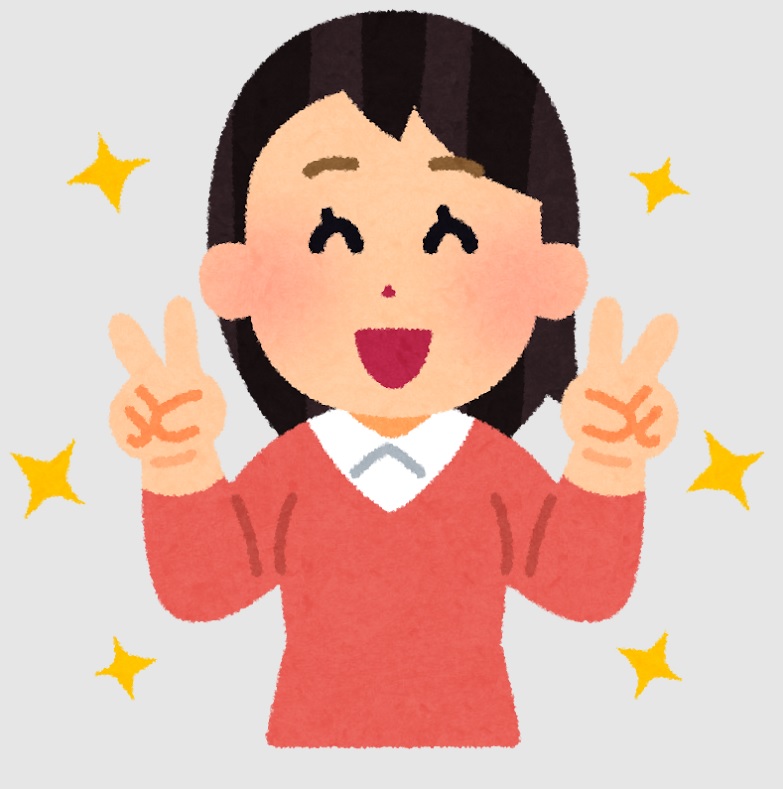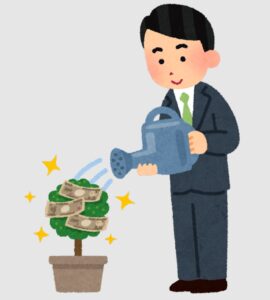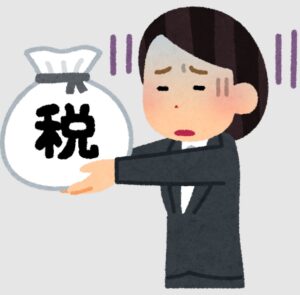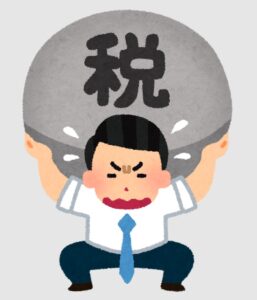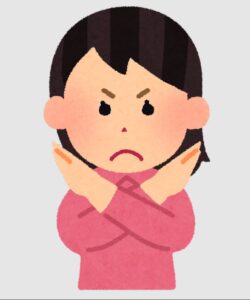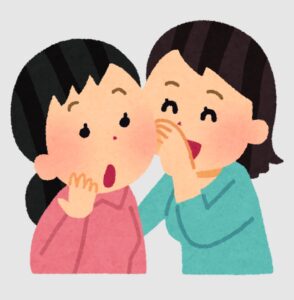管理人オススメコンテンツはこちら
「精神的に楽になり安定します|お金に愛される!支出を抑えて未来を豊かに」
〜前回のつづき〜
●貯金を増やすコツ5選解説(つづき)
コツ(2)
給料が上がっても生活水準を上げない
多くの人が
収入が増えたら増えた分だけ
支出を増やしてしまう。
財布の紐が
緩んじゃうんですね。
当たり前の話なんですけど
3万円収入が増えて
3万円支出を増やしてたら
お金は
貯まらない訳ですよね。
なので貯金を貯めるには
生活水準をすぐに上げない。
生活コストが低いと
精神的に楽になり安定します。
お金持ちになった後でも
すごく大切な感覚なんですね。
今から資産を
ドンドン積み上げていく段階でも
お金持ちになった後でも
生活コストを
抑えられる力というのは
非常に大切なんですよ。
お金は有るんだけど
使わない。
財布の紐を
しっかり締めておく感覚ですね。
ここを
守る力ですよね。
使わない。
守る力を
ちゃんと育てておくというのが
大事です。
そう言うと

「お金持ってても使わないんじゃ
意味無いじゃないか!
お金というのは使って初めて
意味が有るんだ!」
と言う人もいます。
もちろんそれは
その通りです。
私自身もそう思ってるし
この世を卒業する時に
一番お金持ちになっても
しょうがないと
自分でも思ってます。
だから要は
バランスなんですよね。
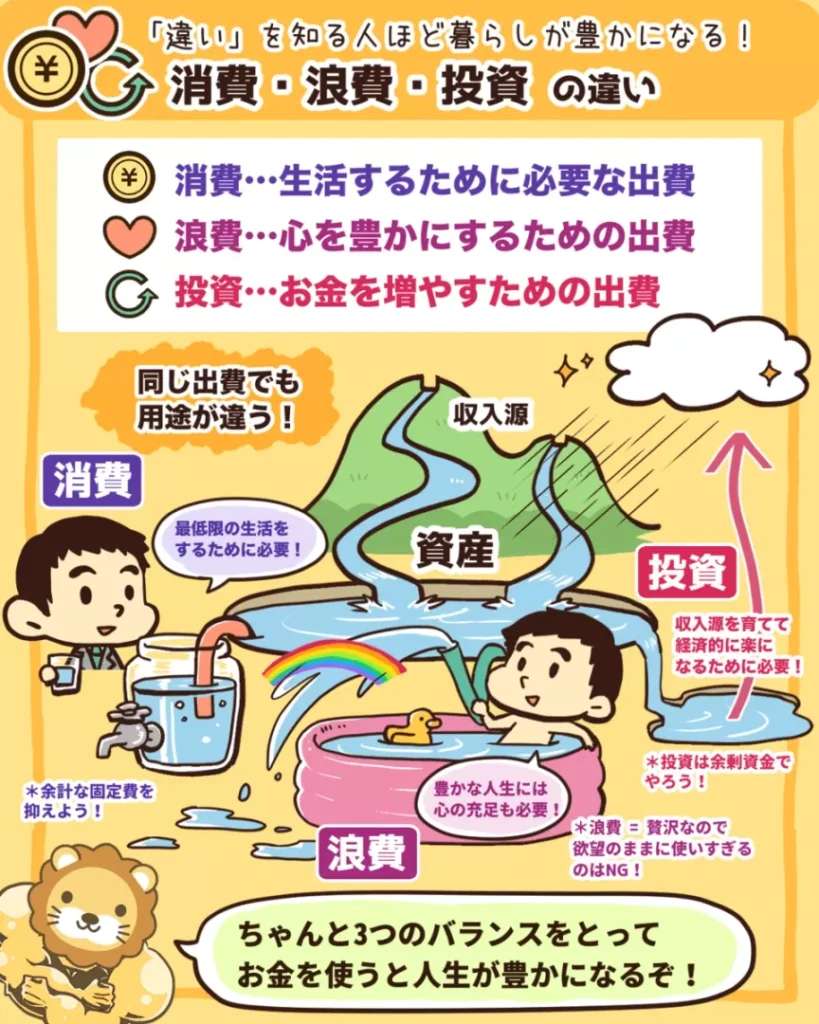
(出典:リベラルアーツ大学)
・消費
・浪費
・投資
のバランスが
いい状態というのが
いい訳ですよね。
とは言え
お金持ちになれない
ほとんどの人が
浪費に回してしまうのが
早すぎるんですよ。
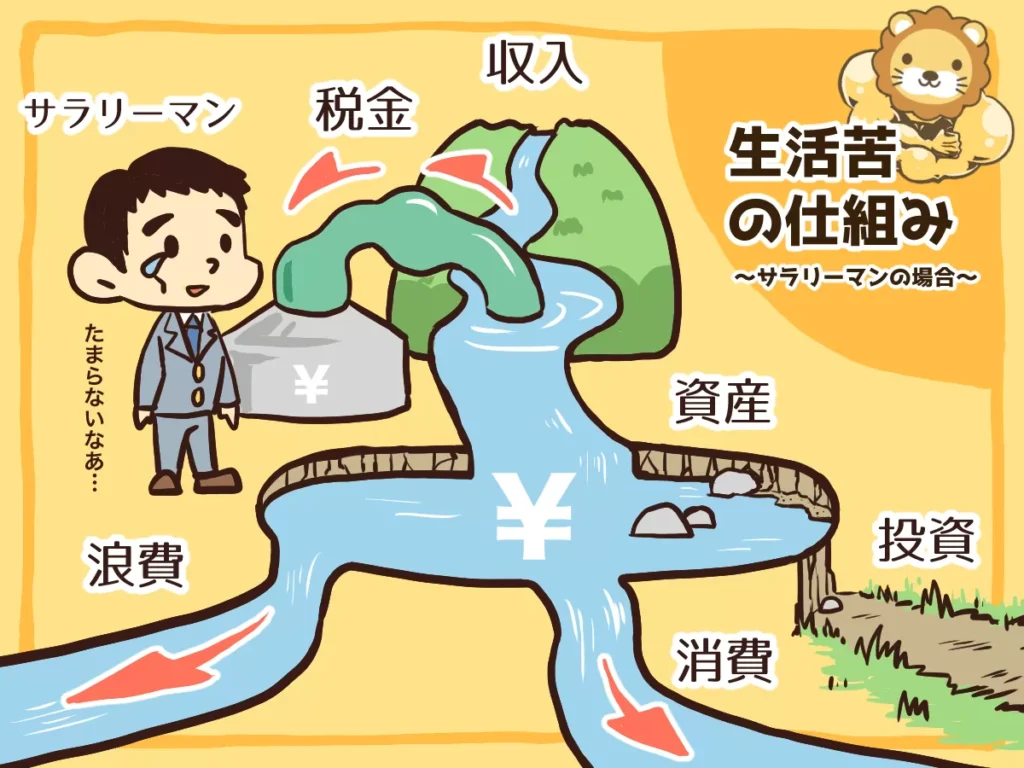
(出典:リベラルアーツ大学)
↑こういう状態なんですね。
税金を取られ放題の状態で
投資に回さずに
浪費にばっかり流しちゃう。
こうするとやはり
お金に余裕ができないんですよね。
最初の
財布の紐を締めるという所は
大切になってくるので
その【守る力】を
伸ばしましょう。
ここはもちろん最終
価値観になってくるんですけど
お金をいっぱい使ったりとか
物に囲まれる幸せというのも有れば
資産が増える事によって
使わないけど
人生の選択肢が増える
という幸せも有ると
思うんですよね。
別に買えるんだけど
買わない。
満たされるみたいな事も
有るのではないか
いつでも買おうと思えば買えるし
やめようと思えばやめられる。
何かをしようと思ったら出来る。
そのような
選択肢が持ててる状態というのは
心の豊かさなのではないかと
思うんですよね。
もちろん年齢によって
使うタイミングとか

「その選択肢ばっかり持ってたって
そろそろ使わないと
意味が無いんじゃないか?」
そういうタイミングというのが
有ると思うんですよね。
私自身は
たくさんの物に囲まれたりとか
物を買うことで
幸せを感じるタイプではないので
選択肢が多かったりとか
毎年右肩上がりという実感が
少しずつでいいから
本当に少しずつでいいから
生活が良くなっていくとか
そういう事の方が
私は満足度が高いです。
参考ですが
↑
でお話ししてるので
是非参考にしてほしいなと思います。
〜〜〜つづく〜〜〜
Special Thanks college president Ryo.

●おまけ
≪≪perplexityちゃんによる文章まとめ≫≫
貯金を増やすためには「給料が上がっても生活水準を上げない」ことが重要です。
多くの人は収入が増えると安心して支出を増やしてしまい、結果的にお金が残りません。
そこで大切なのが生活コストを抑える「守る力」を育てることです。
お金は使ってこそ意味がありますが、多くの人は浪費に早く回してしまい、投資や将来への備えがおろそかになりがちです。
消費・浪費・投資のバランスを意識し、必要以上に支出を拡大しないことが資産形成につながります。
また、お金を「持っているけど使わない」状態は、将来の選択肢を増やし心の余裕や精神的な豊かさをもたらします。
買おうと思えばいつでも買えるという安心感自体が幸福感につながるのです。
収入が増えても支出を急に増やさず、少しずつ生活を良くしていく姿勢こそが、長期的に満足度を高める人生の鍵となります。
- https://www.egmkt.co.jp/column/consumer/595/
- https://rimawarikun.com/column/increase_savings/
- https://www.tohshin.co.jp/magazine/article0120.html
- https://www.jcb.co.jp/loancard/special/save_money.html
- https://www.meijiyasuda.co.jp/find2/light/knowledge/list/21.html
- https://www.joyobank.co.jp/column/money/saving_tips_housewives.html
- https://www.resonabank.co.jp/kojin/column/shisan_kihon/column_0017.html
- https://www.tr.mufg.jp/tameru/monefit/column/detail.html?id=15
- https://www.orixbank.co.jp/column/article/295/
- https://www.bk.mufg.jp/column/shisan_unyo/b0083.html
- https://www.iyobank.co.jp/sp/iyomemo/entry/20221110.html
- https://diamond.jp/zai/articles/-/92667
- https://cocozas.jp/coco-the-style/nenshu500man-zeikin/
- https://www.flierinc.com/summary/3770
- https://telling.asahi.com/article/12250610
≪≪Chat-GPTくんによる英訳≫≫
~Continuation from the previous part~
【5 Tips to Increase Your Savings (continued)】
Tip (2)
Don’t raise your standard of living even if your salary goes up
Many people, when their income increases, increase their spending by the same amount.
They loosen their purse strings.
It’s obvious, but—
if your salary goes up by 30,000 yen,
and your spending also goes up by 30,000 yen,
then your money doesn’t actually grow, right?
So, in order to save money,
don’t raise your standard of living right away.
When your living costs are low,
life feels easier and more stable.
This mindset is extremely important
not only when you’re in the process of building wealth,
but also after you’ve become wealthy.
The ability to keep living costs down
is very valuable.
You have money,
but you don’t spend it.
It’s like keeping your purse strings tight.
That’s what I call
the power to protect.
Not spending.
It’s important to cultivate
this power to protect.
When I say this, some people respond—
“What’s the point of having money if you don’t use it?
Money only has meaning when you spend it!”
\[/Speech bubble]
And of course, that’s true.
I think so too.
Even I believe that if you leave this world
being the richest person,
it doesn’t really mean much.
So, it’s all about balance.
(Source: Liberal Arts University)
Consumption
Wasteful spending
Investment
Maintaining a good balance among these three
is what really matters.
That being said,
most people who never become wealthy
shift too quickly toward wasteful spending.
(Source: Liberal Arts University)
↑ This is the situation.
They get taxed heavily,
yet instead of investing,
their money just flows into waste.
And as a result,
they never gain financial freedom.
That’s why the first step—
tightening your purse strings—
becomes so important.
So, let’s develop this power to protect.
Of course, ultimately this comes down to personal values.
For some people,
happiness comes from spending a lot
and being surrounded by possessions.
But there’s also another kind of happiness—
your assets grow,
you don’t spend them,
yet your life choices increase.
That too, I think, is happiness.
You could buy something, but you don’t.
That sense of fulfillment also exists.
You know you can buy it anytime.
You can quit anytime.
You can do something if you decide to.
Having that freedom of choice itself
is a form of wealth of the heart.
Of course, depending on your age,
there’s a timing for actually using that wealth.
“If you only keep holding onto options,
at some point, isn’t it meaningless
if you don’t actually use them?”
\[/Speech bubble]
Yes, there is such a timing.
Personally, I’m not the type
who finds happiness in being surrounded by things
or buying lots of stuff.
For me, it’s the feeling of having more options,
or the sense that my life is improving little by little every year—
even just a small upward trend.
That brings me more satisfaction.
For reference,
I talk more about this in:
#104 Lowering your expenses (fixed costs) makes life lighter – Part 1
Please check it out if you’re interested.
Special Thanks OpenAI and Perplexity AI, Inc
